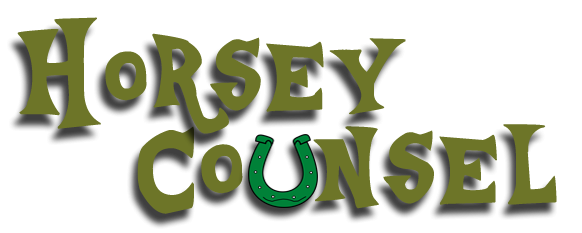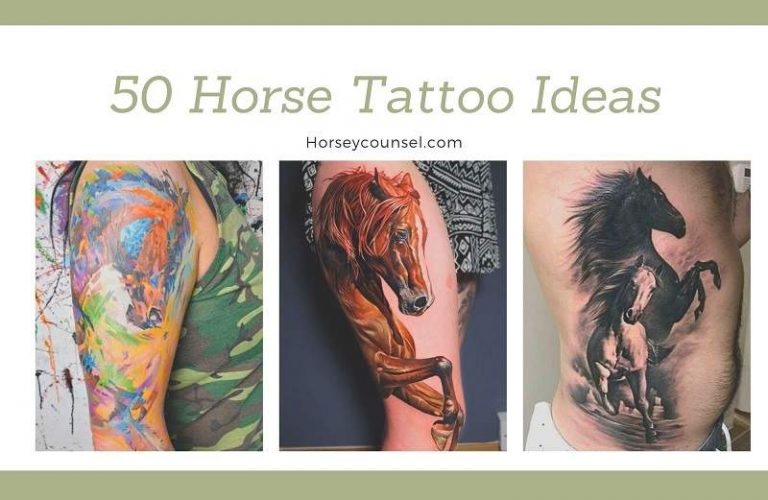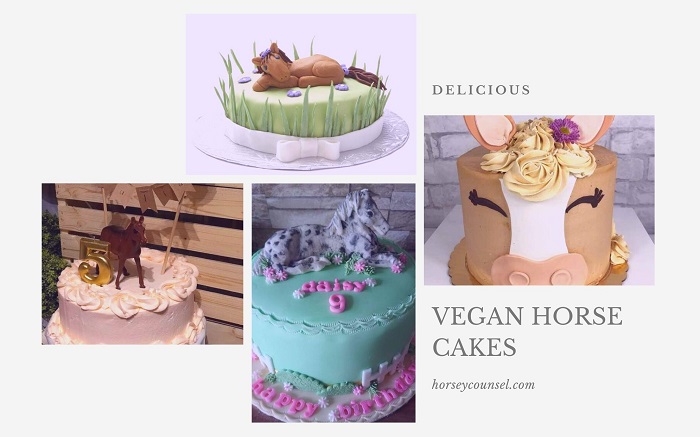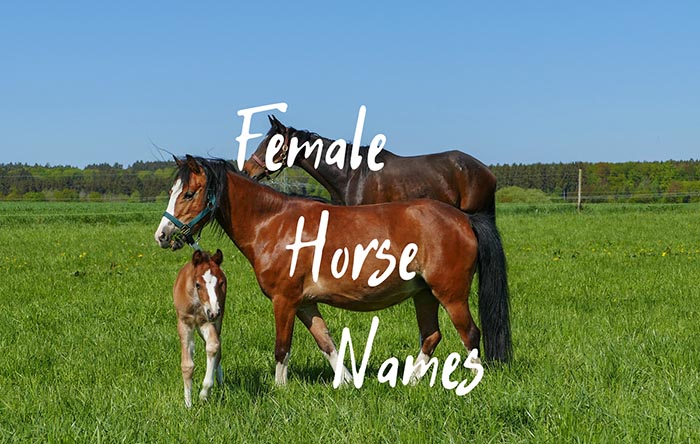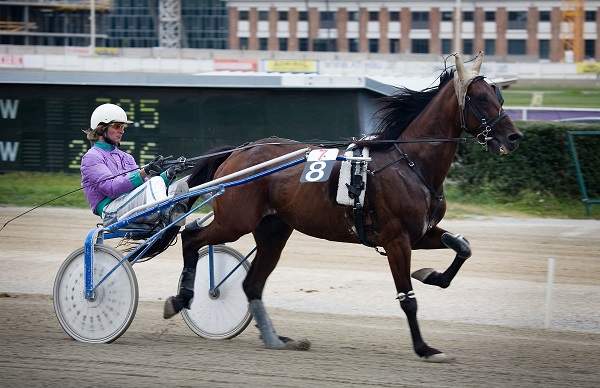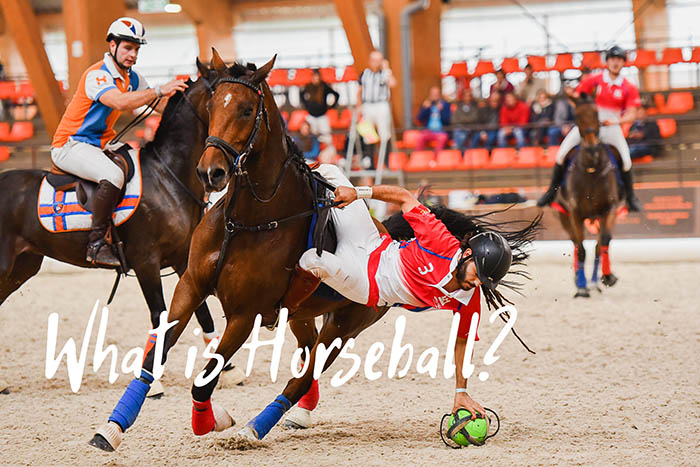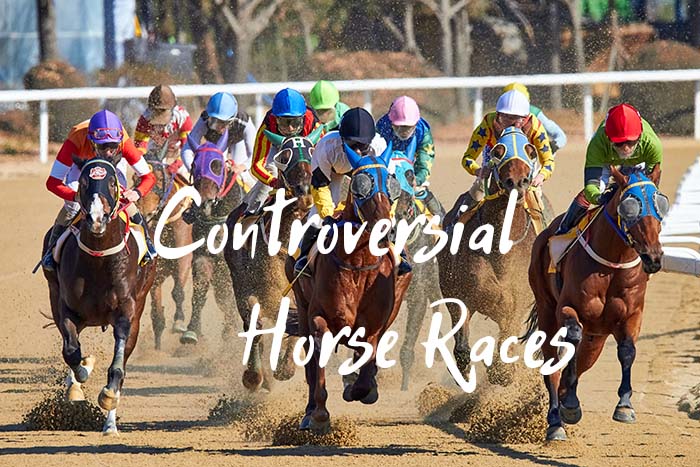10 Things Horses Dislike More Than Anything
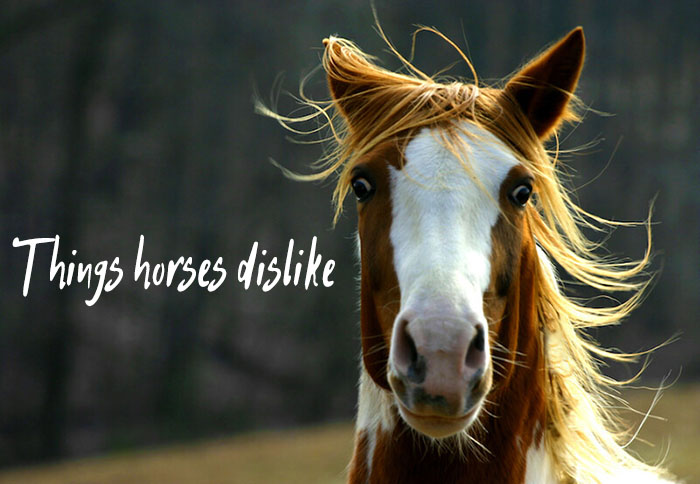
Horses, just like any other living being, have certain things that they dislike, whether by nature or because of their surroundings. Not all horses dislike the same things, but there are certain stimuli and situations that are universally loathed by almost all equines. Today we’re going to have a look at the main things horses dislike, and we’ll figure out how to avoid them.
Horses dislike sudden loud noises, poor-fitting tack, being locked up inside a stall all day, foreign objects and animals, poorly fitted shoes, inexperienced riders, cars passing by, not being challenged enough, non-stop training, and inconsistent trainers. As you can see, they pay very close attention to their surroundings, and they are fully aware of their quality of life.
I’ve said it plenty of times before: working with horses is incredibly rewarding, but it’s never easy. Caring for a horse will take up a good chunk of your time, especially if you want to get everything right. Not to mention, if you want to do everything yourself. So let’s have a look at each of the aforementioned things a horse might hate, and let’s figure out how to deal with them in any given situation.
1. Horses dislike loud, sudden noises.
Horses are prey animals, and as such, they have evolved to keep a close eye (and ear) on their surroundings. They can get spooked by anything that makes an unexpected sound, such as a water bottle or even a zipper from a jacket. The key is to identify the sound and to take all the necessary steps to ensure the horse gets used to it. This also applies to music. While studies have shown that horses like certain types of music, they are generally stressed out by genres such as jazz and rock.
Horses learn by repetition, so the best thing you can do to get your horse used to a sudden noise is to introduce that noise as part of your training sessions, particularly groundwork. As you’re in the middle of groundwork, introduce the sound and pay attention to the horse’s behavior. If it gets to a point where it tolerates it, you can release the pressure and go about training as usual. If it reacts adversely to the sound still, just keep its feet moving in order to get it to focus on something else.
2. Poor-fitting tack.
Poor-fitting tack can be incredibly uncomfortable for horses. They really hate it when we mess that up. Ill-fitting tack can cause soreness throughout their bodies, particularly the back and barrel. This incredible discomfort can be prevented so easily with the help of proper fitting tack.
If you notice your horse acting out or being stiffer than usual, be sure to check if the tack is fitting properly. If you don’t want to invest in a new set of gear, you can always try to adjust the one that you have. Alternatively, you can replace just the parts that are causing issues. In the end, it will all be worth it, as your horse will feel better, behave better, and pay more attention to your instructions.
3. Being locked up all day.
Horses don’t like being locked up in a stall all day. They are intelligent animals that require exercise, as well as a dynamic life. You might be inclined to think that horses live boring lives on the pasture, but that’s not true at all. They are constantly listening in on their environment, and they’re enjoying every blade of grass that they rummage on.
Confining your horse to a stall 24/7 will not only lead to muscle atrophy, but it can also cause stress and anxiety. After all, humans don’t enjoy confinement any more than horses do. A horse needs to stretch, to run, to work, and to be engaged in order to live a healthy and fulfilling life. Lack of inactivity or stimuli is very much frowned upon by equines. Keep them active if you want them to be fulfilled.
4. Foreign objects and animals.
I previously wrote an article about horses and how they get along with other animals. In it, I revealed that they get along just fine with pretty much all livestock and domestic animals, but that doesn’t mean that suddenly introducing one won’t cause anxiety. Actually, I insisted on introducing foreign animals to horses in a gradual, controlled manner.
That’s because horses are easily spooked, and they can be unpredictable when faced with an animal or an object that they haven’t seen before. They enjoy routine in a way, as they like to be accustomed to their surroundings. Even a stray piece of clothing, a tool, or a flying plastic bag can cause a horse to spook and bolt away.
In order to prevent this, train your horse in the presence of the new object or animal for a while. They’ll soon get used to it and might even ignore it completely after a few sessions. The horse needs to understand that the new addition to its environment is not threatening in any way.
5. Poorly-fitted shoes.
Having access to an experienced and considerate farrier is something we sometimes take for granted. A well-fitting shoe will dramatically improve a horse’s quality of life by protecting its hoof and limiting the damage caused by working on rough surfaces such as concrete or tarmac.
However, a poorly fitted shoe can do more harm than good. If it was not applied properly, the horseshoe can cause damage to the hoof capsule, which leads to discomfort or even severe pain. Horses spend most of their lives standing up, running, pulling – they lead generally active lives. Their hoofs need to be in good condition throughout their lifetimes, otherwise, they can’t perform their basic tasks.
Horses absolutely hate poorly-fitted shoes, so make sure that your farrier knows what he’s doing and that he’s aware of any special needs that your horse might have. Any deformities or pre-existing conditions. Also, if your horse spends most of its time on soft ground, it might not even need horseshoes at all.
6. Inexperienced riders.
Horseback riding is an art, one that requires extensive training and dedication. Any man can just get in the saddle, but riding properly requires quite a bit of work. When we ride a horse properly, we’re not only taking note of our own posture and comfort but also the horse’s as well. We learn to keep our balance and to move in unison with the horse.
An inexperienced rider bouncing all over the place and struggling for balance will only cause frustration to a horse. Horses dislike inexperienced riders, and they’d much rather be ridden by someone who knows what they’re doing in the saddle. An inexperienced rider won’t know how to issue proper commands, or how to lean in a corner, for instance.
That’s not to say that riding a horse without having training is a bad thing. Just make sure to do it under the supervision of a professional, one that can guide you along the way.
7. Horses dislike cars passing by.
A horse that has lived its entire life on a quiet pasture or at a farm will have a harder time accommodating to city life. That’s why it is incredibly important to transition a horse from farm life to city life in a gradual manner. Cars passing by, making noise, and honking are particularly disturbing for horses.
They view cars as strange objects, large and intimidating yet incredibly fast and loud. It’s understandable why horses would fear and dislike cars in their close proximity. Trucks are even scarier and can even cause a horse to bolt. You can introduce horses to cars in a careful manner by training them in the proximity of a parked one or close by to a tractor. A horse will gradually get used to the presence of a foreign object, and it won’t react as sharply once it sees one in action.
8. Not being challenged enough.
Doing the same thing every single day without any variety can have some ill effects. Horses don’t like when they’re not getting enough excitement, or when they’re just repeating the same training regimen day in and day out. A horse needs variety and excitement. Its mind needs to be challenged just as much as its body. It needs to feel that it fulfills its goals and that its trainer is satisfied with its performance.
A horse also needs to be rewarded for its efforts. Not too much, of course, but certainly when the situation is appropriate. Consider training your horse for more than one exercise in a single week. Don’t just repeat the same pattern over and over again! This will limit your horse’s progress and even cause it to act out because of boredom.
9. Non-stop training.
Not challenging a horse enough is one thing, but training it around the clock without letting it catch its breath is another. Overtraining your horse can have grave consequences both mentally and physically. On the physical side, its joints and ligaments can wear out if you vigorously work it every single day.
Mentally, it can be difficult for your horse to cope with this. Overtraining becomes a strict routine, something it can’t seem to get out of even though it doesn’t enjoy it. In the end, the horse might start to act out, in which case you should definitely revise your training routine, see what you’re doing wrong and how you can improve it.
One rule of thumb is to make sure that the animal has a few days throughout the week that are reserved just for relaxing and recovering.
10. Horses dislike Inconsistent trainers.
Horses are eager to learn and to please us, but they will only learn if trained properly and consistently. What does it mean to be consistent as a horse trainer? You need to teach them how to do the same thing in the same way until they get it. Changing techniques all the time will cause your horse to become stressed. Horses dislike being stressed, just like us, and just like pretty much any other animal out there.
Being inconsistent with your horse will also hinder the training process, as the equine won’t be able to understand what’s required of it. It won’t be able to anticipate your behavior, and it will have a difficult time making a decision, performing an act, or following a command. Inconsistency stresses horses out, but so does being too harsh with them.
Horses hate it when we’re mean to them, especially when we yell at them, hit them, or just dump our own frustrations on them. If you’re mean with your horse, you can forget about forming a bond with it or training it in a meaningful way. Treat your horses right, and you’ll see positive results sooner than you might think.
Conclusion.
These are just some of the things that horses dislike more than anything. I’m sure there are plenty more, as not all horses are the same, and some of them might have different sensibilities. As a general rule, though, loud noises and poor training techniques annoy horses a great deal.
If you have anything that you’d like to share about your own horse and its main dislikes, feel free to get in touch and I’ll make sure to include your particular situation in this article. Until then, do treat your horses with kindness and consideration, and pay close attention to their subtle cues in order to figure out how to make their lives better.
Credit.
This article was based in part on Carmella from Equinehelper‘s own ideas as she presented them on her YouTube channel.
